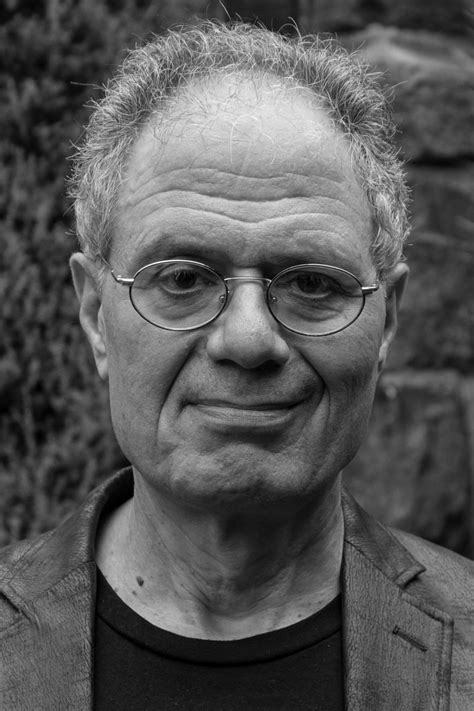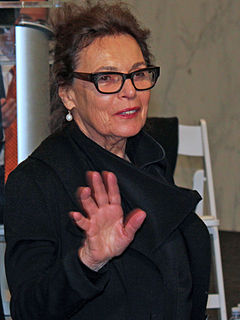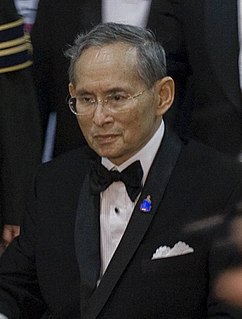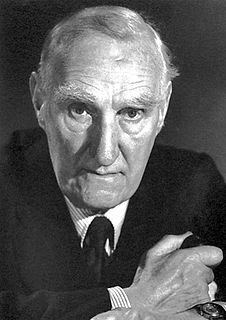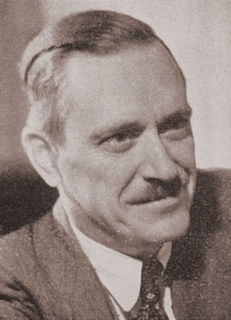A Quote by Hu Shih
And lastly, the political revolutions from 1911 to the present time have done more to bring about tremendous social changes everywhere than even the economic and industrial changes and the new schools.
Related Quotes
In the political, the social, the economic, even the cultural sphere, the revolutions of our time have been revolutions "against" rather than revolutions "for"... On the whole throughout this period the man--or party--that stood for doing the positive has usually cut a pathetic figure; well meaning but ineffectual, civilized but unrealistic, he was suspect alike to [by both] the ultras of destruction and the ultras of preservation and restoration.
Modernity is the ensemble of changes - intellectual, political, economic, social, cultural, technological, aesthetic - that have altered the world drastically since roughly the 17th century, until which time the world was, in the above respects, far less different from the world of any previous epoch of recorded history than it is from the world of today. The modern predicament is the set of problems these changes have bequeathed us.
There's nothing you can do about the past. But, you can do a great deal about your future. You don't have to be the same person you were yesterday. You can make changes in your life -- absolutely startling changes in a fairly short time. You can make changes you can't even conceive of now, if you give yourself a chance.




